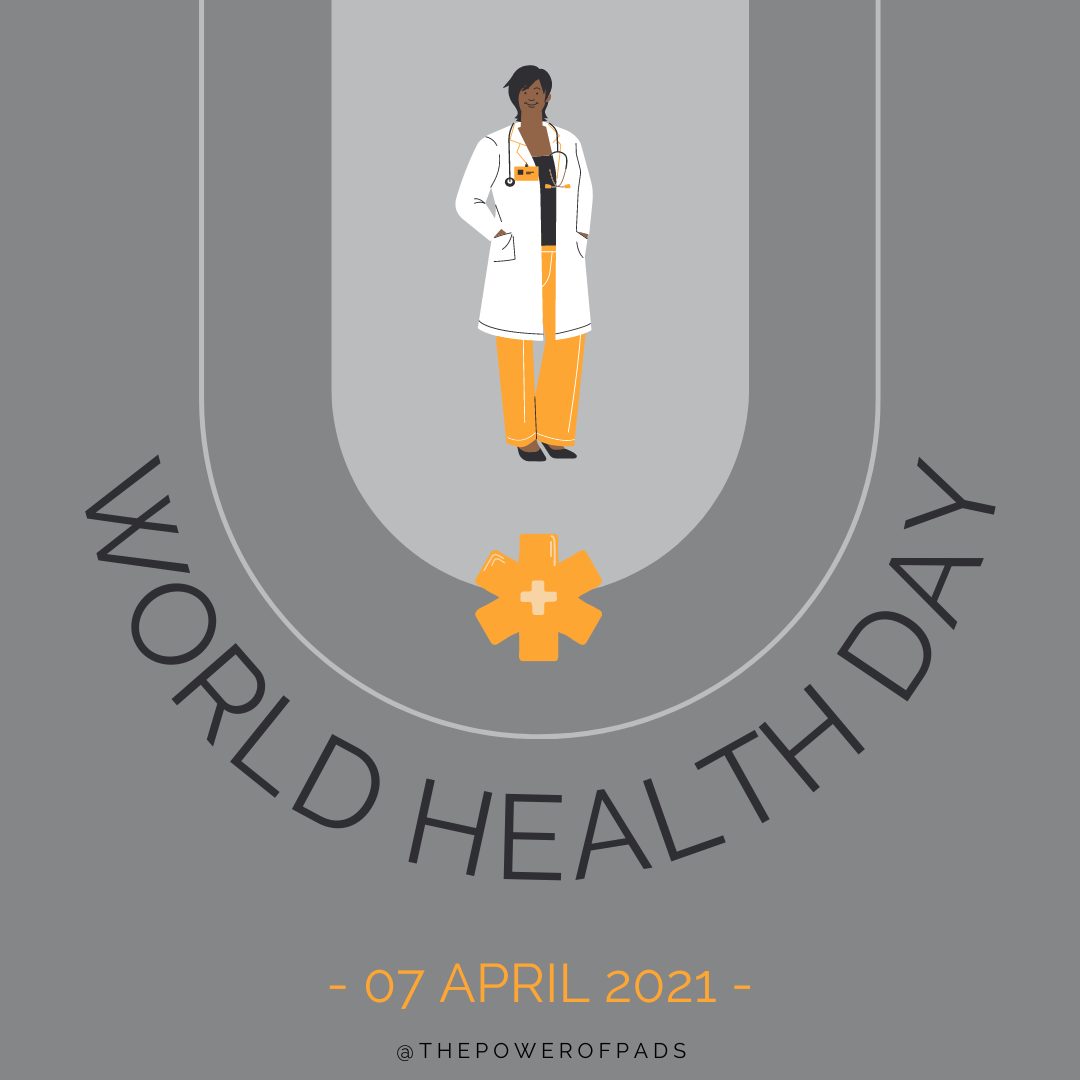This year for World Health Day, the World Health Organization (WHO) is campaigning to ‘bring people together to build a fairer, healthier world’. It’s acknowledged that our world is an unequal one, which is not only unfair: it is preventable. The pandemic has seen already existing health inequalities become rapidly worse and those who started with less have faired the worse. We have seen this play out in the poor rural areas of Kenya where good quality healthcare is scarce and girls and women really suffer out. Poverty and poor menstrual and sexual and reproductive health means girls are ashamed of their periods and don’t have period products. The teenage pregnant rate has soared over the past year, and so the life opportunities for these girls has diminished even further. The cycle of poverty continues.
We at Power Of Pads believe that by helping girls and women manage their periods with dignity they have some power over their lives. By giving girls sustainable sanitary items they can go to school – it’s one small way to make the world a fairer place.
What small (or big) things do you do to help create a fairer world?

